
An 8-year-old boy's battered feet hint at the deeper traumas many migrant children are left carrying.

An 8-year-old boy's battered feet hint at the deeper traumas many migrant children are left carrying.

This series was produced as part of the University of Southern California Center for Health Journalism Fellowship with a grant from the Fund for Journalism on Child Well-Being.
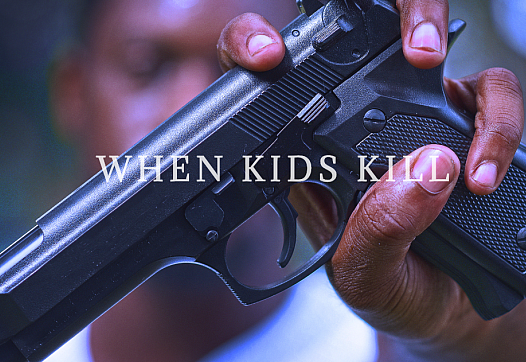
“Everyone from my community has to go to prison," one Jacksonville inmate wrote. "It is the way it is. It is a way of life for us. We didn't know anything else.”

An actor-turned-activist founded the "We Got This" program five years ago. It is aimed squarely at boys like Maleak, who has a father in prison, a mother struggling to make ends meet and, often, lots of pent-up anger.
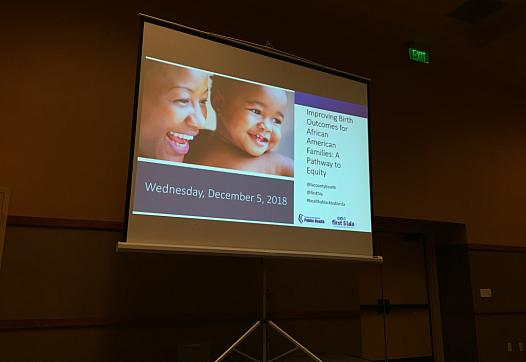
This project received support from the Center for Health Journalism's California Fellowship and its Fund for Journalism on Child Well-being....

In the final moments of Jontell Reedom's life, viewers see him jogging away from the officers. Moments later, officers would fire eight rounds into him, killing him.
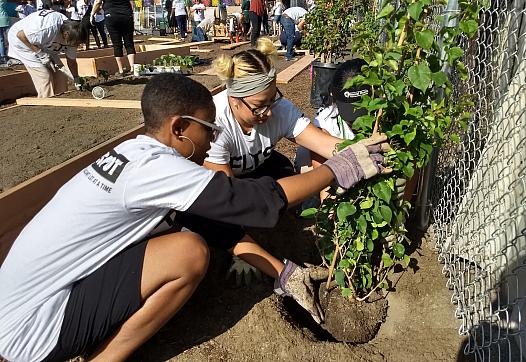
Recent research suggests gardens and green spaces have a positive effect on nearby residents' mental health. L.A. County is embracing the strategy in Watts.
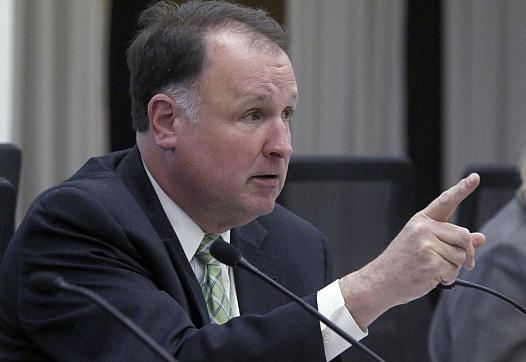
A Virginia state senator voices impatience with the work of a commission he launched, which has secured mental health reforms but has not yet led to the wholesale change envisioned.
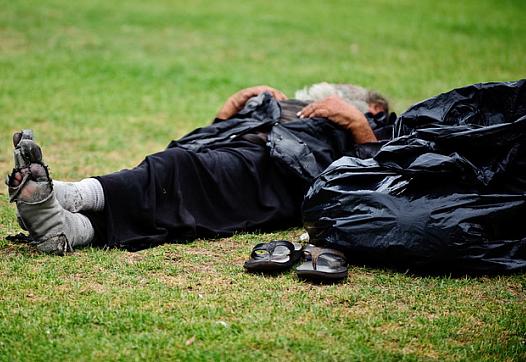
The bond money for Proposition 2 will be financed by funds from the Mental Health Services Act, which has been mired in controversy and ineffectiveness since its passage in 2004.
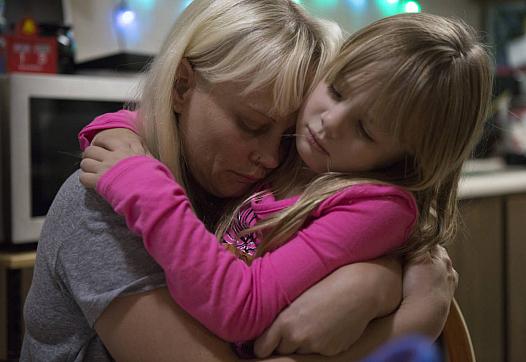
Reporter Laura Klivans followed Sabrina Hanes through her daily routine in Paradise last summer, to learn how she’s developed resilience. She caught up with Hanes after the fire to find out what happens next.